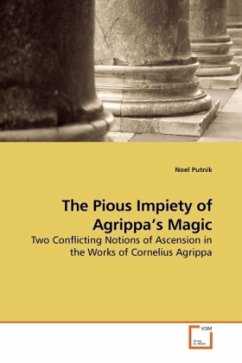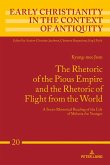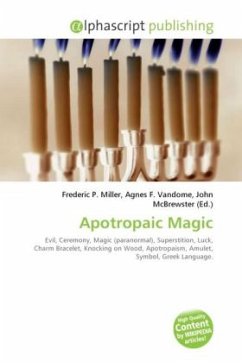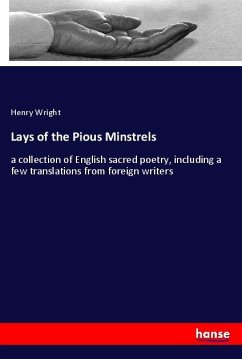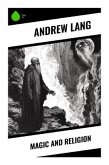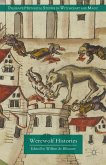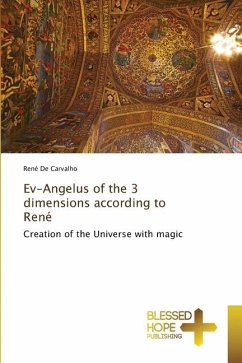Cornelius Agrippa, a famous German humanist, philosopher, and occultist, attempted to create a synthesis of various spiritual traditions with the intention of reforming Christianity struck by a major crisis. His program of enriching Christianity by embracing various doctrines of Neoplatonism, Cabala, and Hermeticism ultimately failed, and yet it opened a range of questions concerning the problem of interaction between different religions and their paradigms. This work offers a detailed examination of one particular paradigm strongly present in Agrippa s thought, that of spiritual ascension. It analyzes the ways he shaped his understanding of ascension and argues that these inevitably led to the emergence of two conflicting notions: that of mystical ascension (the mystic s attempt to free himself of the bonds of corporeality) and magical ascension (the magus attempt to become like God and control the forces of nature), positioning Agrippa somewhere halfway between a magical and a mystical thinker. This study will be a useful tool to the students of western esoteric traditions and early modern intellectual history in general.
Bitte wählen Sie Ihr Anliegen aus.
Rechnungen
Retourenschein anfordern
Bestellstatus
Storno

